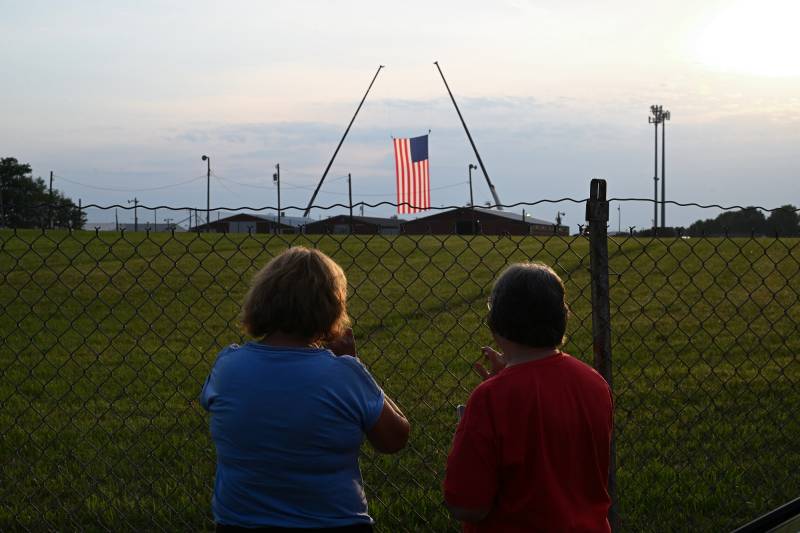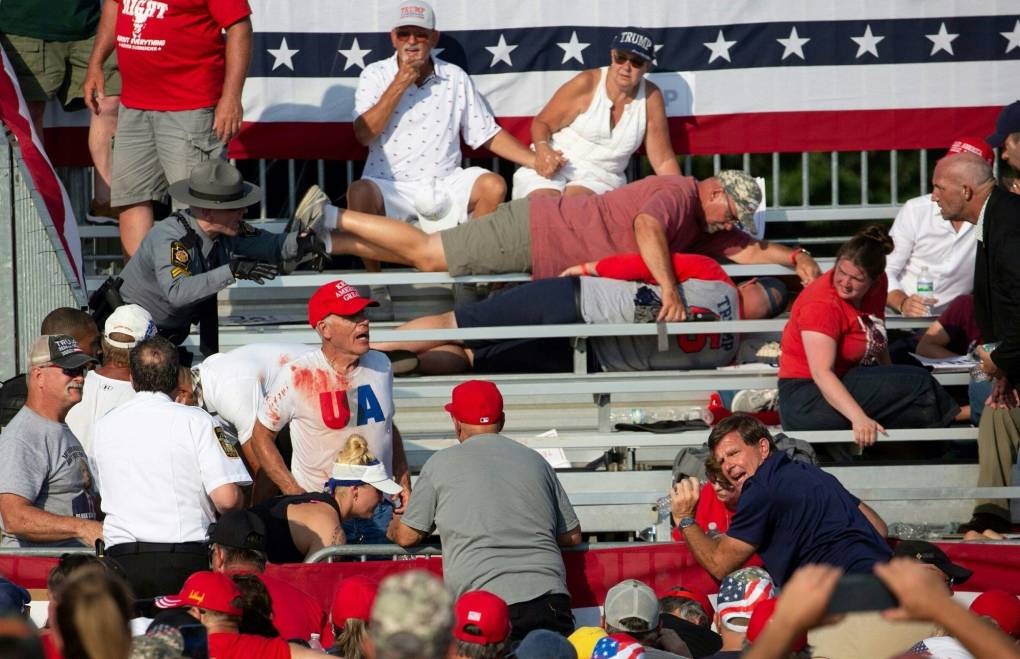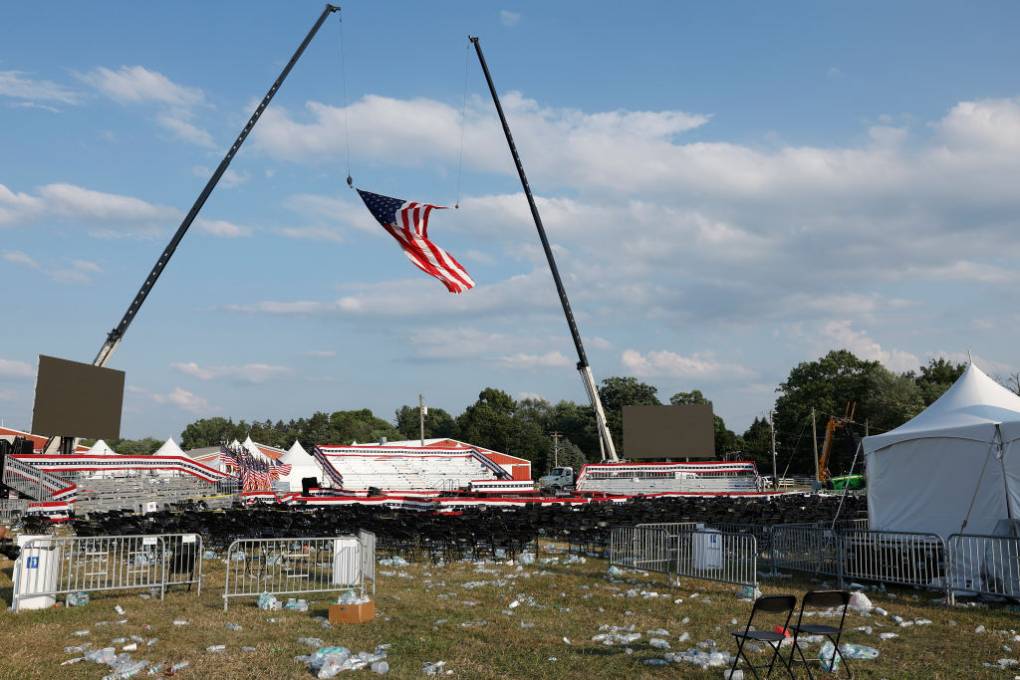Most of the class stood on the liberal side, but Crooks, “no matter what, always stood his ground on the conservative side,” Smith said. “That’s still the picture I have of him. Just standing alone on one side while the rest of the class was on the other.”
Crooks’ political leanings are unclear. He registered as a Republican in Pennsylvania but was too young to vote in 2020. Crooks donated $15 to a progressive political action committee on the day President Joe Biden was sworn into office.
FBI agents said they are investigating the shooting as an assassination attempt and as a potential act of domestic terrorism. The agency has yet to publicly identify an ideological or political motive.
“We have intelligence analysts working from our field office in Pittsburgh, working feverishly to attempt to identify any motives behind why this was done,” FBI Special Agent Kevin Rojek said at a press conference.
According to multiple press reports, Crooks had searched the internet for information on Trump’s Pennsylvania rally as well as the upcoming Democratic National Convention in Chicago, and FBI officials told lawmakers in congressional briefings on Wednesday that his search history also included “major depressive disorder.”
In the absence of a clear motive, Biden urged people to wait until investigators finish their work before jumping to conclusions. But if the past is any indication, it’s not certain the public will ever have a solid explanation.
As an analog, Homeland Security Secretary Alejandro Mayorkas has reportedly pointed to the 2017 massacre at an outdoor concert in Las Vegas, the deadliest mass shooting in modern U.S. history. That 17-month federal investigation could not find any motive beyond the gunman’s suspected desire to “attain a certain degree of infamy.”
“By some definitions, this was a mass shooting, not just an assassination attempt on the president,” said Dr. Garen Wintemute, an emergency medicine physician at UC Davis and director of the California Firearm Violence Research Center. “The shooter is a young male. White. Used an assault-type rifle. And we’re learning about the possibility of social isolation. All of those things fit.”
But he added that these common denominators apply not just to mass shootings but violence in general and also self-harm. “It’s important to stress,” Wintemute said, “most fatal violence is suicide.”



